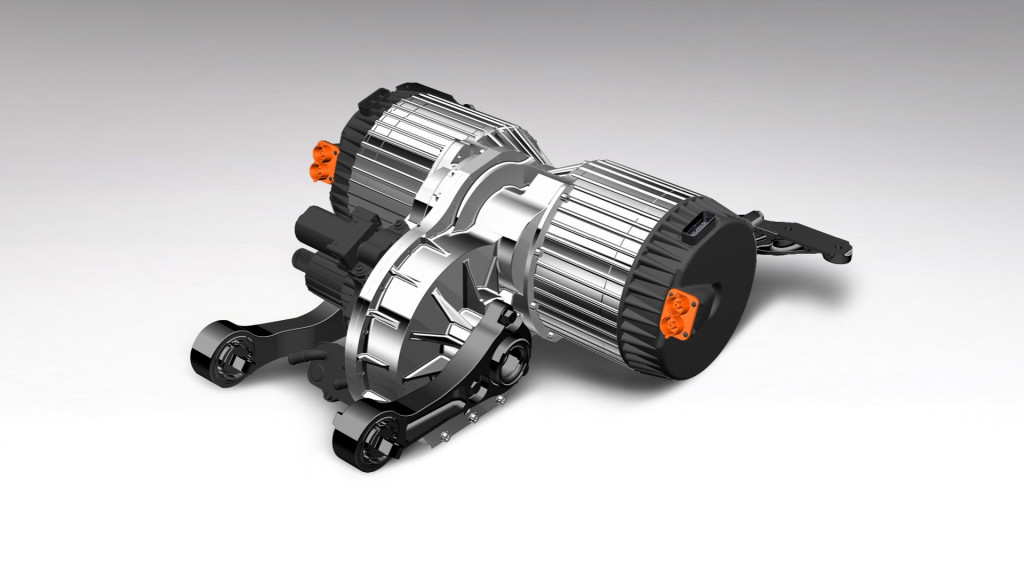The first all-electric Bentley production model, due in 2026, could set new standards for sustainability.
Bentley announced earlier this month that it is undertaking a research project to develop an "e-axle" that is fully recyclable, and eliminates the rare-earth magnets used in many current production electric cars.
Wearing the bizarre acronym OCTOPUS (Optimized Components, Test and simulatiOn, toolkits for Powertrains which integrate Ultra high-speed motor Solutions), the project could significantly reduce the overall environmental impact of electric cars by taking a closer look at the materials used to make them, in addition to emissions from propulsion.
A prototype powertrain has matched the performance of comparable permanent-magnet motors while "simultaneously removing the need for both rare-earth magnets and copper windings, delivering a package both cost effective and recyclable at its end of life," according to a Bentley press release.
OCTOPUS is scheduled to run for three years, with the goal of producing a powertrain "suitable for real-world application by 2026." Bentley plans to launch its first production electric car that same year.
Bentley OCTOPUS e-axle
That car will arrive about 10 years after Bentley started talking about its electric-vehicle plans. In 2016 it announced that it was studying an all-electric coupe.
An all-electric convertible concept followed the next year, plus news of an electric Bentley SUV that might have shared some components with the Audi E-Tron.
By 2019, after a change in leadership at the brand, Bentley was no longer sounding bullish on EVs.
Bentley launched its first electrified model—a plug-in hybrid version of the Bentayga SUV—that year, and mentioned plans for an all-electric model by 2025. So it appears the electric model's launch has been delayed somewhat.
If you're an EV enthusiast and a Bentley enthusiast, until then, your best all-electric bet might be to put a classy Bentley EV conversion in the garage.
